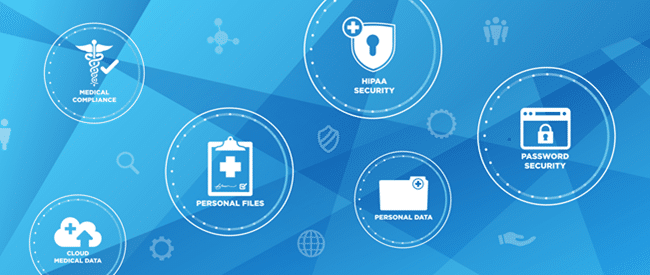The rules on reporting unpaid medical debt to credit bureaus keep changing, sending accounts receivable management and collection firms scrambling to adapt their customer communications to meet the latest compliance requirements.
Just as the industry prepares to gather at the annual ACA International convention from July 23-25, there has been another major shift. A federal judge ruled in mid-July that medical debt can remain in credit reports because the Consumer Financial Protection Bureau did not have the authority to impose a policy excluding it.
The judge also stated that “FCRA authorizes CRAs to include information about a consumer’s medical debts in consumer credit reports when properly coded to conceal the name of the provider and the nature of the services provided. It also permits creditors to use that information to determine a consumer’s credit eligibility.”
However, this ruling is hardly the end of the matter. It’s not clear how the CFPB will proceed and if FCRA supersedes state laws regarding creditor reporting of medical debt. But state after state is passing its own laws restricting medical debt reporting. In late June, for example, the governor of Rhode Island signed a stringent medical debt law which bars credit reporting, wage garnishments or property liens.
Visit Nordis Technologies at Booth 211 at the ACA Conference in Louisville.
Stay compliant with a CCM platform
Maintaining compliance in this dynamic environment requires customer communications management software that enables companies to quickly and accurately update and customize communications to reflect each state’s medical debt, disclosure and other requirements. It eliminates the delay of waiting on lengthy vendor processes to make a document change while delivering other important compliance benefits:
Automatic updates. There’s no need to modify each individual letter or communication. That’s because companies use the cloud omnichannel CCM platform to create blocks of content that map to different documents, emails and text messages. Simply make a change in a content block and the system automatically applies the change to all affected communications.
Targeted disclosures. Leading CCM platforms remove the need (and cost) for blanket disclosures, which many companies default to because their internal document management systems don’t allow dynamic matching of a customer’s address to disclosures for a specific state. Using CCM technology, companies leverage custom data tables that automatically insert the appropriate state disclosures to each consumer.
Compliance trails. In addition to making disclosure changes in real time, companies can review documents, generate proofs for sign-off, track distribution, run detailed reports and create audit trails using the CCM software. In the event of an audit, lawsuit or regulatory agency request, ARM and collection firms can simply input a customer identification number and retrieve communications sent to that customer.
CCM technology allows creditors and collectors to simplify and accelerate communications compliance. Even with a legacy platform or a collection of incompatible systems, companies can begin enjoying the advantages quickly by transitioning to a cloud CCM platform with turnkey implementation and training that requires limited internal IT involvement. A cloud system also can ensure ongoing innovation and tech currency, scalability and flexibility without necessitating internally managed IT upgrades.
Please contact us to learn more about improving communications compliance with CCM Technology.







